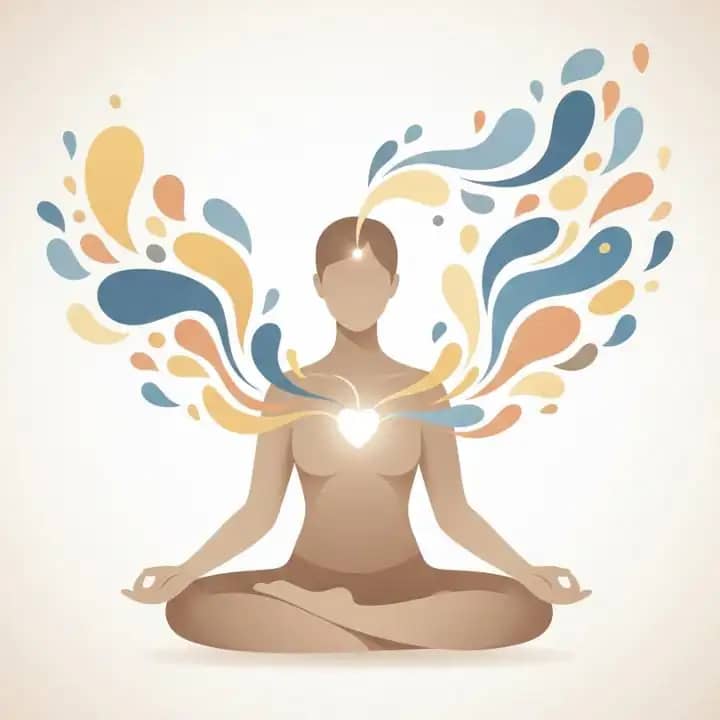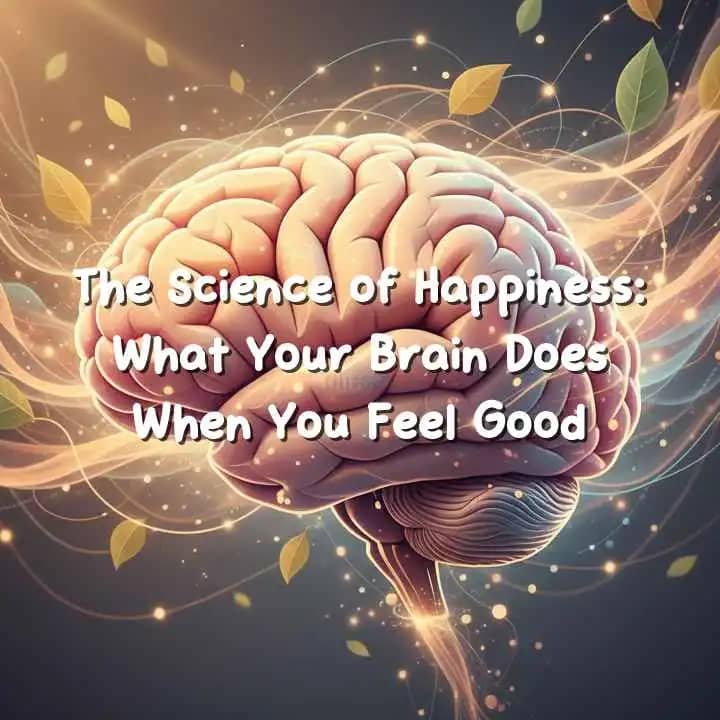
The Emotional Earthquake: Healing the Mind We Hide
An honest exploration of emotional truths, silent struggles, and what it really takes to reclaim your mental well-being.
1. Introduction: The Mind We Hide
There’s a version of you that shows up for the world-and then there’s the version that lives in silence. The one that aches in quiet moments, that battles invisible battles, that breaks alone.
Most of us don’t talk about That version.
Mental health isn’t just about surviving panic attacks or recovering from depression-it’s also about all the emotional truths we bury because they’re too inconvenient, too complicated, or too raw to explain.
This blog is not about fixing you. It’s about witnessing the emotional earthquake beneath your surface-and helping you find stability, even when the ground is still shaking.
2. Emotional Truths: Why They Matter More Than Ever
We live in a culture that rewards performance, perfection, and positivity. But emotions-real, messy, complicated emotions-don’t always fit that mold.
We don’t talk about how grief feels on a Monday morning. Or the crushing weight of shame after repeating a toxic pattern again. Or the disorienting loneliness that shows up even when you're surrounded by people.
But we should.
Emotional truths are the foundation of mental health. Ignoring them is like ignoring the cracks in a dam-eventually, something gives.
If you’ve ever felt the weight of your inner world but didn’t have the words, this article is a must-read: it uncovers how ignoring emotions halts your personal evolution.
3. The Daily Weight of Unspoken Emotions
You might not even realize how much energy you spend hiding your emotional state.
Smiling through anxiety. Working through burnout. Laughing at jokes that hurt. These things don’t just take a toll on your spirit-they deplete your nervous system. Slowly. Quietly. And then all at once.
What if mental health wasn’t just about “coping,” but about creating space for your truth?
4. Trauma Isn’t Always Loud: The Subtle Ways It Shapes You
When we hear the word “trauma,” we think of big, visible events-accidents, abuse, or crises.
But trauma can also be subtle. It can look like:
- Never feeling “safe enough” to be yourself
- Constantly waiting for the other shoe to drop
- Feeling invisible in a crowded room
Many of us are walking around with unresolved emotional trauma that disguises itself as perfectionism, people-pleasing, or disconnection.
And these patterns are often born in childhood-and repeat in our adult relationships. If you want to understand why, read this honest breakdown: Why We Repeat Relationship Patterns and How to Stop.
5. Emotional Patterns: The Loop You Don’t Know You’re In
Have you ever wondered why you keep ending up in the same emotional place, no matter what changes around you?
It’s not just bad luck. It’s emotional patterning.
We subconsciously gravitate toward what’s familiar-even if it hurts.
This explains why some people keep choosing emotionally unavailable partners, or why others stay stuck in cycles of self-sabotage. To break the pattern, you have to name it. You have to see the loop before you can exit it.
A deeper dive into this cycle is captured beautifully in this article (1). Spoiler: it’s not your fault, but it is your responsibility to break the pattern.
6. Why We Repeat What Hurts Us
The brain is wired for familiarity, not happiness.
If your nervous system equates chaos with “home,” peace can feel unsafe. If your history taught you that love equals pain, you’ll unconsciously seek that pain again-not because you want to suffer, but because you want to resolve it.
Mental health begins when we stop blaming ourselves for repeating what we never healed-and start getting curious instead.
7. The Cost of Suppressing Emotions
Suppressing emotions doesn’t make them disappear. It makes them grow louder in silence.
Here’s what suppressed emotions can lead to:
- Anxiety without a clear source
- Depression that lingers for years
- Chronic health issues
- Emotional numbness
- Self-sabotaging behavior
When you deny your feelings, you disconnect from your needs. And without knowing your needs, you can’t meet them-or communicate them to others.
8. The Breaking Point: When Mental Health Demands Attention
There’s always a moment when the dam breaks.
Maybe it’s an emotional outburst you didn’t see coming. Maybe it’s burnout that leaves you unable to get out of bed. Maybe it’s a panic attack in the middle of a grocery store.
Whatever it is, it wakes you up.
The key is to not shame yourself for reaching that point. It’s not weakness-it’s your body demanding a new way of living. Listen to it.
9. Small Habits, Big Peace
healing doesn’t require massive life overhauls. It begins with micro-choices that anchor you back into your body and truth.
- Taking a five-minute pause before saying yes
- Journaling what you actually feel-not what you “should” feel
- Saying “I need space” without guilt
- Drinking water, resting, breathing deeply
- Choosing silence instead of forced conversations
The power of small shifts is often underestimated. This piece shows how small daily rituals changed one life-and how they can change yours too.
10. Finding Safety in the Truth
So many of us avoid our emotional truth because we fear what it might destroy-relationships, jobs, identities.
But truth doesn’t destroy you. It frees you.
The people who love the real you won’t run from your honesty. The life meant for you won’t fall apart when you stop pretending.
You are allowed to take up emotional space. To say what hurts. To not have it all figured out.
11. When healing (1) Feels Impossible
Some days, healing again feels like a scam. Like you're doing all the "right" things but nothing’s changing.
That’s normal.
more on healing is not linear. Sometimes it’s one step forward, five steps back. Sometimes it’s just staying alive for one more day.
But even that-especially that-is healing →. Give yourself permission to be where you are. Not every day needs to be about progress. Some days are about survival, and that’s sacred too.
12. The Role of relationships (1) in Mental Health
The people you surround yourself with matter. A lot.
Mental health isn’t just an internal journey-it’s shaped by your environment.
- Are you around people who honor your boundaries?
- Do you feel safe expressing your emotions?
- Are you more yourself around them-or less?
Unhealthy relationship dynamics can trap you in cycles of emotional chaos. For a deeper lens on why many relationships fail and how to stop repeating these patterns, visit this detailed article.
13. self-awareness Is Not a Luxury, It's Survival
Becoming self-aware isn’t just about growth-it’s about survival.
Knowing your triggers helps you avoid emotional landmines. Understanding your needs helps you ask for what supports you. Naming your patterns helps you make different choices.
self-awareness (1) is the foundation of emotional safety. It’s not a destination-it’s a practice.
14. Inner Peace is a Practice, Not a Destination
Peace isn’t found-it’s practiced.
You won’t wake up one day and never struggle again. But you can wake up and have better tools. More awareness. More softness with yourself.
Peace isn’t the absence of pain. It’s the ability to hold that pain gently, without letting it define you.
15. Conclusion: Your Mind Deserves Witnessing
You don’t need to be "fixed." You need to be seen.
Mental health is not a checkbox. It’s not a one-size-fits-all. It’s a lifelong dialogue between your mind, body, and soul.
Honor your emotional truths-even when they’re uncomfortable. Especially then.
Because in that truth lies your path. And in that path, your peace.




